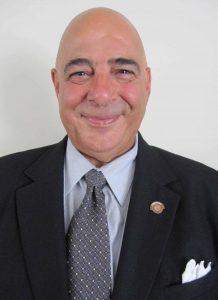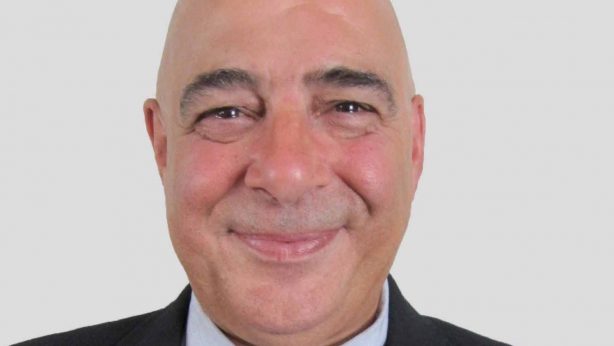An Update from Russell Triolo, CEO

TRAUMA INFORMED ORGANIZATION
Because of the integral role Boys & Girls Clubs play in their communities, we are often on the front lines of trauma. Even if a child hasn’t experienced a loved one’s illness or death from COVID-19, the pandemic has led to a series of losses, from our sense of safety to our social connections to our outlook on the future. Job losses have threatened financial security of many, making it an even greater challenge for families to meet basic needs. The need for emotional wellness is greater than ever due to the pandemic, especially in marginalized communities. Youth have been impacted in many ways, including the way they connect with peers, experience important milestones like prom and graduation and navigate the transitions that come with growing up.
Club staff must employ strategies to support youth’s emotional needs, ensure that they are not retraumatized and help them learn and develop critical coping skills. By building awareness and implementing effective trauma-informed strategies, these barriers youth face can be reduced or removed. Our staff is engaged in training to cultivate resiliency and emotional wellness to young people, enabling them to reach their full potential.
The ‘whole child’ approach to youth development works with members to develop skills and internal resources to understand, manage, and express their emotions in a healthy manner. The Emotional Wellness Curriculum is a comprehensive approach that includes:
- Conducting Quality Assurance assessments
- Access to caring adult staff who are trained in positive youth development practices
- Fostering community partnerships with mental health organizations and others that deive positive impact for young people.
To ensure we support every young person who enters our Clubs, we have a comprehensive approach to youth development. This approach is outlined in our Formula for Impact. The Formula for Impact has been developed over decades to explain the Boys & Girls Clubs’ vision for creating greater outcomes in the lives of the youth we serve. Our Clubs offer a variety of programs that support youth in achieving positive outcomes in three priority areas: Academic Success, Good Character and Citizenship, and Healthy Lifestyles. Our research-informed Formula for Impact describes our strategy for infusing positive youth development into all programs with Five Key Elements:
- Safe, positive environment
- Fun and a sense of belonging
- Supportive relationships
- Opportunities and expectations
- Recognition
How youth spend their time after school matters. It is critical that the programs and activities we design and select drive social-emotional development. Targeted programs are sequenced learning experiences with specific objectives that build knowledge. Members build social-emotional skills, which are needed to achieve academic success, grow character and leadership skills, and commit to a healthy lifestyle. In addition, high-yield learning activities provide opportunities to practice these important academic and social skills. High-yield activities are hands-on, interactive, fun experiences that develop and reinforce core skills taught through targeted programs and help support our three priority outcome areas.
The Formula for Impact directs the work of our professional staff. It helps us guide youth through childhood into the teen years with the goal of ensuring the priority outcomes of Academic Success, Good Character and Citizenship, and Healthy Lifestyles.
Measuring Youth Achievement
To determine our success at helping youth achieve these three priority outcomes, Boys & Girls Clubs of Union County participates annually in Boys & Girls Clubs of America’s National Youth Outcomes Initiative (NYOI). The NYOI uses a common set of research-informed indicators to measure the degree Club members are achieving these three outcomes.
I want to take a moment to personally thank the Overlook Hospital Foundation, Northfield Bank Foundation and Summit Area Foundation for their generous support of our efforts to become a Trauma Informed Organization.
Russell Triolo
Chief Executive Officer


